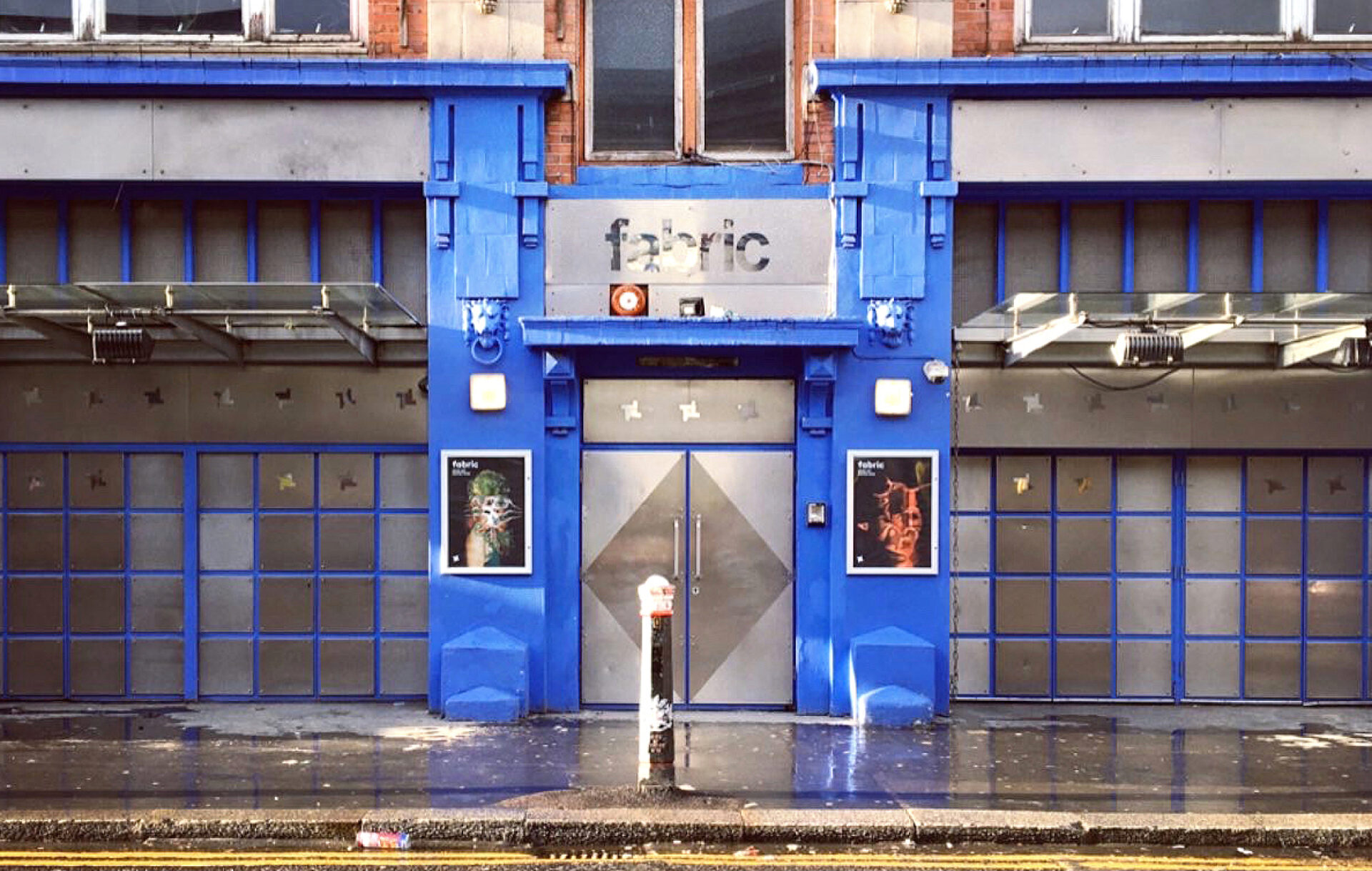Fabric warns UK club-goers over ‘fake ketamine’ after hospitalisations
A number of people needed treatment after an event last Tuesday (February 24)
By Joe Goggins

London club-goers have been warned over an apparent “fake ketamine” in circulation after several people were hospitalised last week.
Last Tuesday (January 24), a number of revellers needed treatment after an event at Fabric, leading the club’s owners to issue a statement over an unknown substance masquerading as ketamine that had caused, among other issues, breathing difficulties in users. “There is currently a substance in circulation that is being sold as ketamine and unfortunately a number of people have been hospitalised by taking it,” read the statement.
“Symptoms are similar to a “K-hole”, but side effects have been far worse in terms of breathing and responsiveness,” the statement continued. Various people who attended our event on Tuesday night were taken to hospital and the police have advised that this has also happened at a number of venues across London. If in doubt, please don’t take it. Look after yourself and your friends.” The Farringdon venue also assured club-goers that there are paramedics on standby at every event, as well as a dedicated welfare zone.
Metropolitan Police have yet to comment on the matter directly. Katy Porter, CEO of drug testing group The Loop, spoke to Mixmag about how best to address the dangers posed by the substance. “Regular, rapid and accurate drug testing can help to identify substances of concern in circulation and assist in specific and targeted harm reduction messages.”
“Harm Reduction Hubs, which The Loop is working to develop, can support collaboration of those working in the Night Time Economy alongside wider stakeholders, including the police and health services, to reduce potential drug-related harm across communities, city centres, and venues,” Porter continued. “Importantly, the process of drug checking and the information generated can directly engage people who may be using or considering using drugs and facilitate tailored harm reduction conversations.”
Back in 2016, the drug-related deaths of two teenagers at Fabric led to its license being revoked, with closure appearing inevitable. The decision was reversed when the club struck a deal with Islington Council after more than 160,000 people signed a petition to keep it open.
